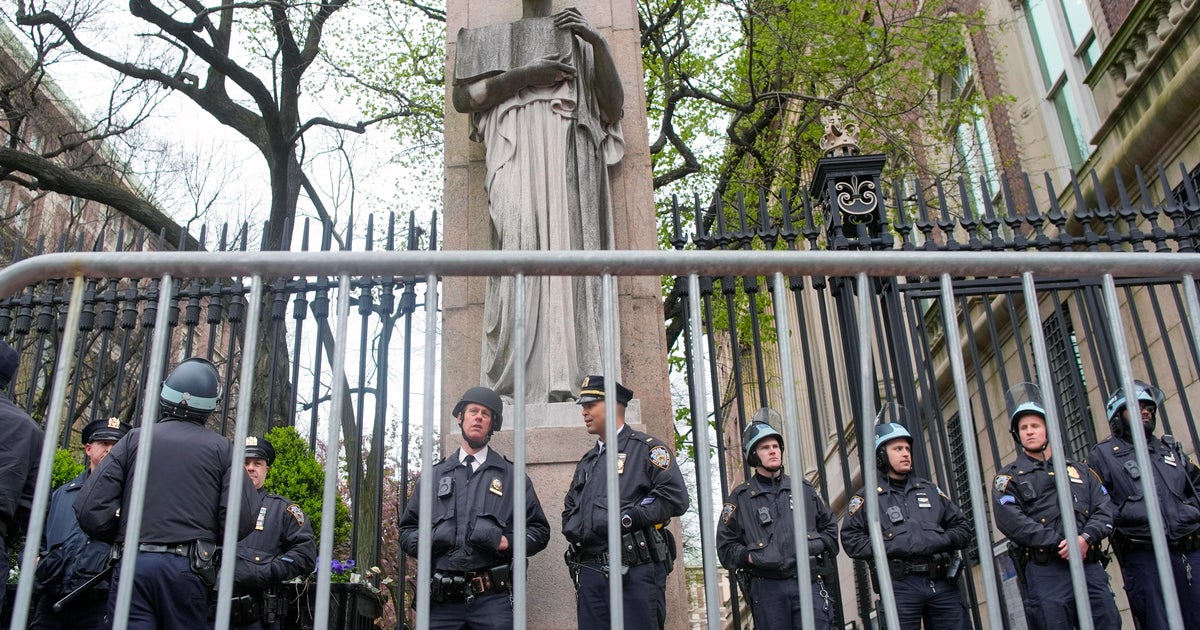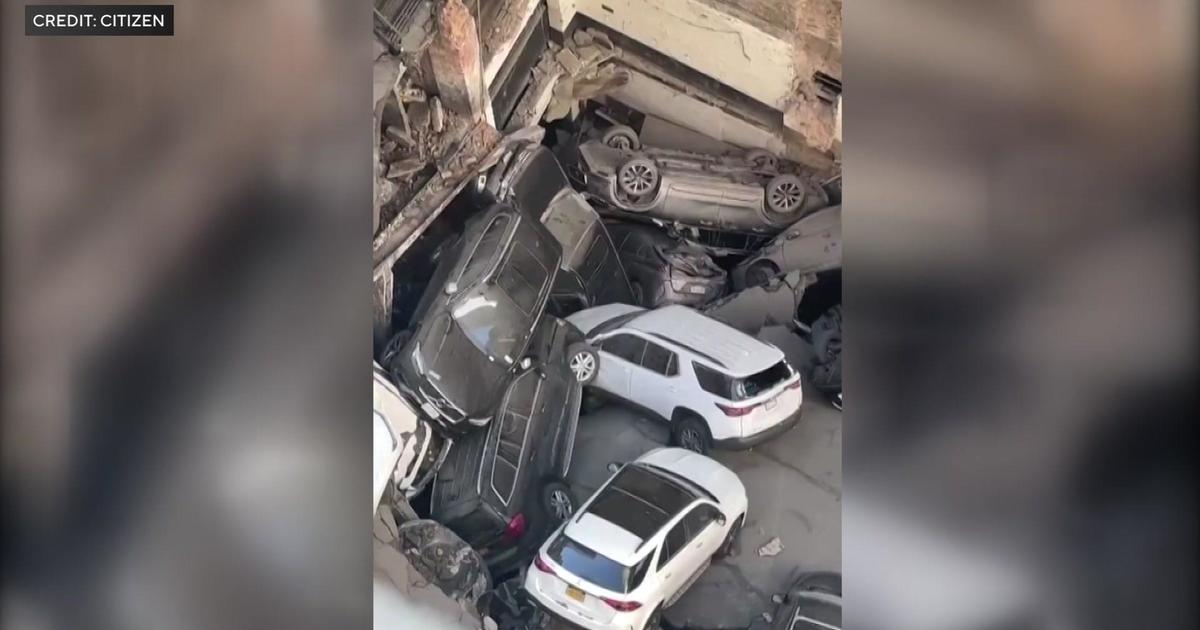Mayor Eric Adams says New York City will treat mentally ill, even if they refuse
NEW YORK -- In a dramatic attempt to deal with a public mental health crisis that has eluded mayors for decades, Eric Adams has directed police and emergency medical workers to involuntarily hospitalize more mentally ill people, taking them off the streets and subways to get them the psychiatric help they need.
The mayor, who first began dealing with the city's homeless crisis by taking down homeless encampments, said Tuesday he has a "moral obligation" to get people with mental illness the help they may not have the capacity to know they need, CBS2's Marcia Kramer reported.
READ MORE: Homeless advocates sound off on Mayor Eric Adams' controversial mental health plan
Civil rights advocates are upset, but the mayor was passionately insistent he is doing the right thing.
"I know some people may look at what we're doing saying that we're trying to do something to take away the right of people. No, we're not. The right is that people should be able to live in dignity," Adams said.
With passion and a sense of moral outrage, Adams announced a controversial plan to remove people with severe mental illness from the streets and subways whether they agree to it or not. He said it is wrong to see people talking to themselves, delusional and doing nothing until they carry out a dangerous act.
"That is just so irresponsible that we know that this person is about to probably go off the edge and harm someone, but we're gonna wait until it happens. Not in this administration," he said.
The mayor issued a directive to first responders, outreach workers and people at city hospitals, saying that state law gives them the legal authority to provide care to people when their mental illness prevents them from meeting their own basic needs or they are a danger to themselves.
"This policy has been confirmed in written guidance from our state Office of Mental Health," Adams said.
The New York Civil Liberties Union insisted, "The mayor is playing fast and loose with the legal rights of New Yorkers."
But Brendan McGuire, chief counsel to the mayor, said Adams is on firm legal ground.
"Certain conditions have to be met and that has been laid out in New York state Office of Mental Health guidance," McGuire said.
To make sure the conditions are met, the city is setting up a tele-consult hotline. Outreach workers and first responders in the field can use cellphones and iPads to show clinical experts the person they're dealing with in real time. By observing the person and talking to the outreach workers, the expert can then decide whether the person should be brought to a hospital for evaluation.
Dr. Mitchell Katz said a hospital evaluation is then needed because it's often difficult to decide what to do with trains whizzing by.
"When that full evaluation happens, the psychiatrist may conclude this is not someone with mental illness. This is somebody who is on drugs. Different issue, isn't part of the mental health law. You can't know that on a subway station. Once they go to the emergency room, psychiatric clinicians will observe that person and then make a determination," Katz said.
The mayor's plan also includes an 11-point legislative agenda to fill in gaps in the mental health laws. The mayor said that the program could also be applied to those who aren't homeless. He urged New Yorkers to become what he called "trauma identifiers," and to call either 311 or 911 to get help for people they see are in need of help.




